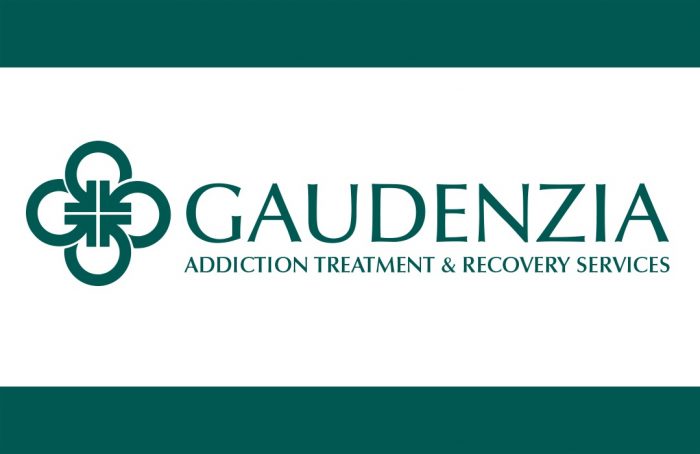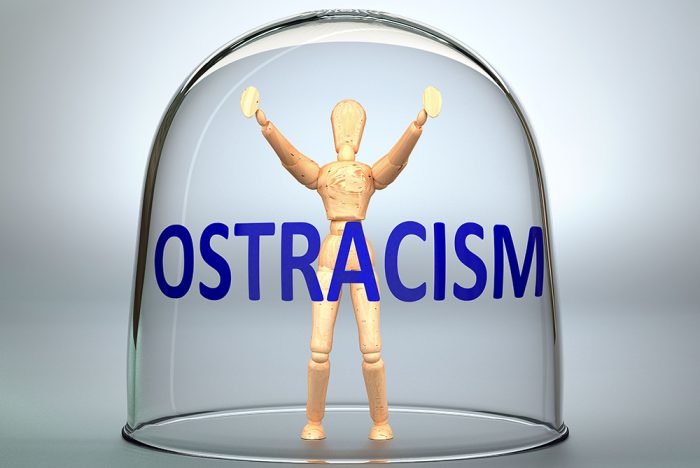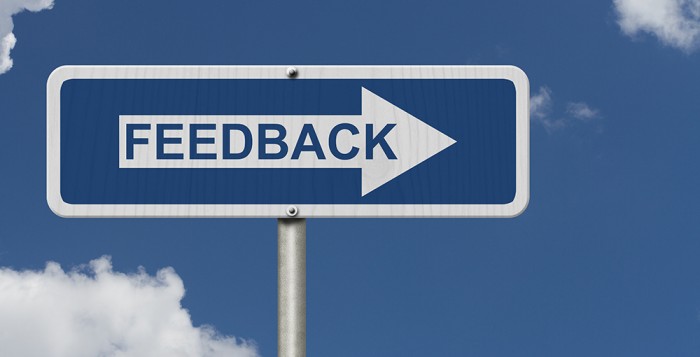By Jason Snyder, Director, SUD Treatment Services, BH Division and
Chris McKenzie, Community Relations Coordinator, Pinnacle Treatment Centers
October 15, 2025
Editor’s note: I asked my good friend Chris McKenzie, Community Relations Coordinator at Pinnacle Treatment Centers, to collaborate with me on a blog about what we both see as a gap between what research tells us about medications to treat opioid use disorder and the prevailing attitudes toward it in the treatment and recovery communities. We have shared our firsthand experiences here as Part I of a two-part blog. In Part II, we will discuss our suggestions for greater genuine acceptance of multiple pathways to recovery as well as address feedback we may get on Part I.
(Jason)
Several years ago, I met an individual in recovery from addiction who eventually went on to become a therapist. As our friendship and my own 12 step-based recovery from substance use disorder evolved, so did my position on medication to treat opioid use disorder (MOUD). His did not. Where once I was staunchly opposed, I was now beginning to embrace the idea, if for no other reason than the rising overdose death toll and the devastating stories of loss I continued to hear. I bought into the messaging that said we can’t treat someone who is dead.
My friend still failed to see the light.
“But the research shows it to be highly effective,” I ineffectively implored.
“Well, you need to show me this research, because I just don’t see it,” he replied.
In the end, it really didn’t matter what research I showed him, because that research did not match his reality. It could not overcome his perception, personal experience with individuals using MOUD, and definition of recovery, which was based on a belief that use of medication was nothing more than substituting one drug for another. And unfortunately, he is not an anomaly, at least within what I’ll call the traditional treatment system and recovery communities. For most of them, the gold standard is not MOUD. It is abstinence combined with a new way of life, despite what many within these very systems will publicly say.
What my friend saw — and what I sometimes see today – were individuals using MOUD who were living chaotic lives of polysubstance use, with no real ability to manage their own lives. This is what many in the lay public, health care and treatment systems, law enforcement, and legislature, to name a few, also see. And some of these groups have great power in influencing broader access to and acceptance of (or, conversely, opposition to) MOUD, including the ability to make laws that can limit it.
I believe it is fair to ask, “How is that recovery?” Actually, it may not be – yet. Often times, it can be a first necessary step on a path toward change. Consider SAMHSA’s definition: a process of change through which individuals improve their health and wellness, live a self-directed life, and strive to reach their full potential. For many, the start of the process can be chaotic. But if we believe in meeting people where they are and helping them along through a process of change, then we shouldn’t be condemning MOUD. In fact, for many, we should be genuinely encouraging it for whatever length of time necessary for the individual. Yet even under that scenario, not every case will be a success, just as it is not in every other medical and clinical discipline.
But many people lack the foresight or open-mindedness to see beyond their own experience and what’s in front of them right now. So, when these very people — families, friends, peer specialists, counselors, nurses, police, and lawmakers — who have had some negative experience with MOUD make blanket, disparaging statements about it, it has a ripple effect, eventually reaching the very people intended to be helped. In turn, it negatively influences their perceptions and willingness to try this way. And I’ve seen this very scenario end in death, when friends who could not stop using illicit opioids refused to use MOUD because of the stigma put upon them by others.
The danger in riding the high horse of judgment, condescension, and condemnation because others don’t recover like you or because others aren’t experiencing a transformation as you believe it should be is that you put their life in grave danger.
Does MOUD save more lives than abstinence? The research says yes.
Does medication transform the lives of those with SUD? In many instances, it absolutely does.
Does the transformed life that doesn’t align with a particular set of values have less worth than the one traditionally held up as an example of “recovery”?
If we truly believe the answer to the last question is “no,” then why do we still discourage or even demonize medication?
(Chris)
Jason raises two important questions: What is recovery and what is a valid way to get there? I would add one more: Why do we continue to place our own values on other people’s recovery? If we take a moment to reflect on how it might feel when someone does that to us, we might see things a little bit differently.
From my own experiences with substance use, I have learned the importance of examining my biases. The gap between research and reality is a clear case of bias. Recovery is not defined by another person, but is a deeply personal journey. That is why SAMSHA’s definition of recovery is purposely broad. Recovery is a process of change and that process can begin with something as small as a shift in mindset or the very first positive step, as defined by the individual. The individuality of recovery is what makes the definition so powerful, and so necessary.
Yet, this understanding is not always reflected in practice. I once interviewed for a job and was asked if I “worked a program.” I shared that I attended SMART Recovery meetings. The interviewer quickly told me that they only practiced one program at that organization, and it wasn’t SMART Recovery. In that moment, it felt as if every other pathway, including my own, was dismissed as invalid. If I, as someone with professional experience, felt those words like a sharp wound to my own recovery, I can only imagine how discouraging it must be for someone who is just beginning their recovery journey.
This narrow view extends to many places like recovery housing, treatment settings, and peer support programs, where certain approaches are upheld while others, like MOUD, are diminished or outright rejected. Research, once again, clearly shows that MOUD saves lives and this pathway, just as any other, is valid. When institutions or individuals impose these narrow definitions, they not only reinforce bias but also close doors for people who might otherwise succeed.
So how do we move closer to true acceptance of multiple pathways to recovery, including the use of medications? In Part II of our blog, we’ll offer our suggestions. In the meantime, if you have any ideas about this or thoughts on the subject or the blog in general, let us know.
Email Jason or Chris with your thoughts, or start a conversation on LinkedIn.

















